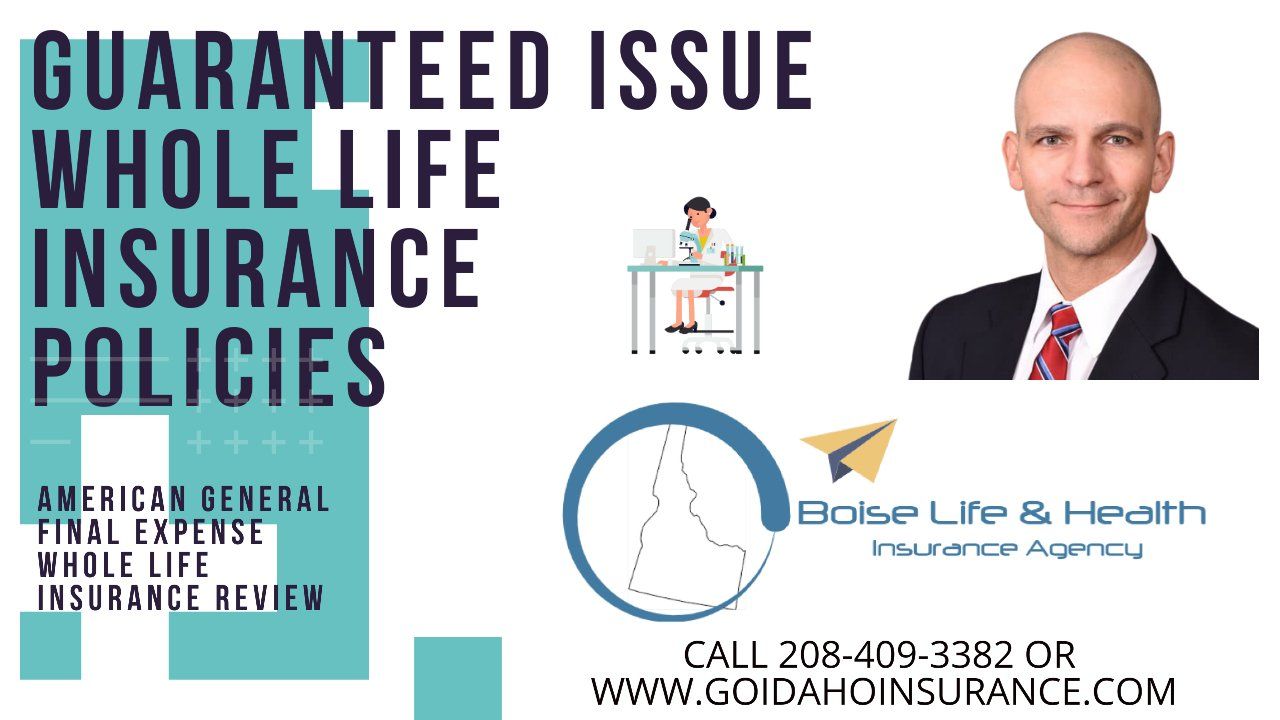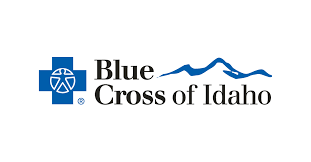Health Share Plans: Pros, Cons & How They Really Work in Boise
Health share plans are community-based programs where members help pay each other’s medical bills. They’re not insurance, but for many healthy Boise families and self-employed people, they can dramatically reduce monthly costs.
The upside is lower pricing and more flexibility. The downside is stricter rules, pre-existing condition limits, and no legal guarantee of payment. Boise health advisor Chris Antrim recommends them only for people who fully understand the tradeoffs.
If you live in Boise or the Treasure Valley and have ever searched for “cheap health insurance” or “Christian health share,” you’ve probably stumbled onto Health Share plans.
They sound almost too good to be true:
- Lower monthly cost
- Choose almost any provider
- Community centered

But they also come with fine print that people frequently misunderstand.
This guide explains, in plain English, how health share plans actually work, and when Chris Antrim sees them make sense for Idaho residents.
What Is a Health Share Plan?
A health share plan (or health care sharing ministry/group) is:
A group of people who agree to share each other’s medical expenses according to set guidelines.
They’re usually:
- Faith-based or community-based
- Nonprofit organizations
- Operating outside of traditional insurance regulation
They’re
not:
- Insurance companies
- Subject to the same ACA requirements
- Legally obligated to pay claims
H2: How Health Share Plans Work – Step-by-Step
You Join a Community
Members typically agree to:
- Live by certain lifestyle standards
- Follow some faith or ethical guidelines
- Pay a monthly “share” amount
You Choose a Sharing Level
This functions like a deductible. It may be called:
- Individual Sharing Amount (ISA)
- Personal Responsibility
- Annual Unshared Amount
Example: You choose a $5,000 ISA. You’re responsible for the first $5,000 of eligible costs per year or per incident, depending on the program.
H3: 3. You See a Doctor in Boise or Anywhere Nationwide
Most Health Share programs don’t use networks, so you can go to:
- St. Luke’s
- St. Alphonsus
- Urgent care in Meridian or Nampa
- Out-of-state specialists
Bills Are Submitted to the Health Share
You or the provider send the bill to the Health Share organization. They:
- Check if the treatment is eligible
- Confirm your ISA status
- Decide how much other members will share
Other Members Help Pay Your Bill
Once your ISA is met and the need is eligible, other members’ monthly contributions help cover your costs.
The Pros of Health Share Plans
Lower Monthly Cost
This is the #1 reason Boise households look at Health Share options.
- Premiums can be 30–60% lower than ACA plans, especially if you don’t get subsidies.
Provider Flexibility
With no network restrictions, members often enjoy:
- Freedom to see any doctor or hospital
- Easier access while traveling
Flexibility for second opinions
Community and Faith Alignment
For many Christian families in the Treasure Valley, it matters that their dollars support:
- Like-minded members
- Shared values
- Faith-based stewardship
H2: The Cons and Risks of Health Share Plans
Not Insurance – No Guarantees
This is critical.
- Health Shares have guidelines, not contracts.
- They are not legally required to pay any particular bill.
- There is no state insurance department backing you up if there’s a dispute.
Pre-Existing Condition Limits
Common policies:
- 12–24 month waiting periods
- Graduated sharing over time
- Some conditions never fully eligible
If a Boise resident has major pre-existing needs,
Chris generally steers them toward ACA coverage instead.
Gaps in Coverage
Some Health Shares limit or exclude:
- Mental health care
- Preventive care
- Certain elective surgeries
- Maternity if you join after conception
Who Health Share Plans Fit Best in Boise
In Idaho, Health Share plans often fit:
- Healthy families with minimal ongoing care
Self-employed people who make too much for ACA subsidies - Early retirees waiting for Medicare
- Christian households comfortable with faith-based guidelines
These households are often:
- Paying high premiums now
- Mainly worried about catastrophic events
- Willing to read the guidelines and accept some risk
Who Probably Should Avoid Health Share Plans
Health Share plans may not be a good fit if you:
- Have multiple chronic conditions
- Are on expensive brand-name prescriptions
- Need predictable, comprehensive coverage
- Want guaranteed mental health and preventive benefits
- Dislike reading fine print or dealing with billing yourself
In these cases,
traditional insurance is usually safer.
Real Boise Example – Health Share vs Insurance
Imagine:
- Boise family of four
- Mostly healthy
- No major pre-existing conditions
ACA Plan Example:
- Premium: ~$1,300–$1,500/month
- Deductible: $6,000–$8,000
- OOP Max: ~$16,000
Health Share Example:
- Monthly share: ~$700–$900
- ISA: $5,000 or $10,000
- Eligible needs shared above ISA
Result:
Health Share may cut the monthly cost roughly in half, but the
family must be comfortable with guidelines, exclusions, and lack of legal guarantees.
Boise-Focused FAQs
- Are Health Share plans legal in Idaho?
- Yes. Idaho recognizes Health Care Sharing Ministries (HCSMs). They operate differently than insurance, but they’re legal.
- Will St. Luke’s or St. Alphonsus accept Health Share members?
- Yes. Providers generally treat it as self-pay and bill accordingly. The Health Share then reviews and shares eligible bills.
- Can I switch back to ACA if I don’t like Health Sharing?
- Yes, but you may need to wait for open enrollment or a qualifying life event.
Talk It Through With a Local Expert
Health Share plans can be powerful tools when used correctly—but they’re not plug-and-play.
Boise families often ask Chris Antrim to:
- Explain Health Share guidelines in plain English
- Compare quoting from multiple sharing programs vs ACA plans
- Run “what if” scenarios (surgery, hospital stay, long illness)
Help identify whether the savings truly justify the risk
📞 Call Chris Antrim Insurance: 208-991-7540
🌐 goidahoinsurance.com











